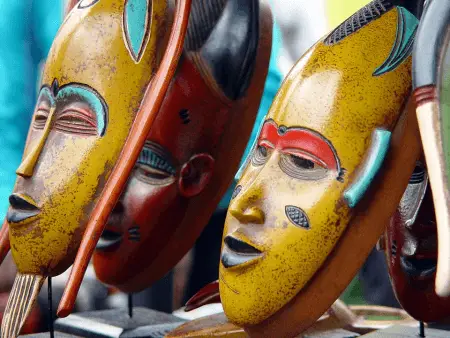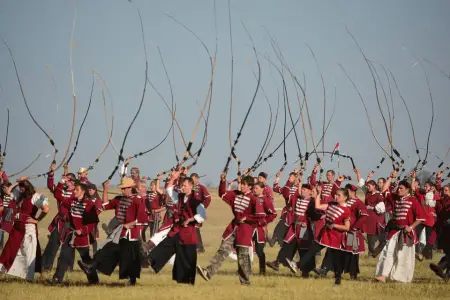Are “culture” and “tradition” terms that we can use interchangeably? No, they are not. Although they are both concepts which define communities, their purposes are different and it pays to know exactly which is which. What is it that holds a person back when leaving home and starting a life among other people? Is it culture or tradition? Keep reading to find this out!
Summary Table
| Culture | Tradition |
| A body of knowledge comprising language, art, clothing and traditions | A set of rituals practiced by a group of people |
| Defines human behavior in a specific space | Dictates human behavior on a specific occasion |
| Defines the character of the people raised with specific cultural beliefs | Can be practiced or not practiced by individuals |
| Is seen as a whole | Is more related to a specific event |
Definitions

Culture is a complex concept that incorporates the combination of a people’s beliefs, knowledge and traditions. It is what defines a group of people living in a certain area of the globe or people who share a type of heritage. It refers to everything from what they eat, who they pray to, how they dance, what type of music they make, their social habits, their superstitions and their set of values.
In some cases, the behavior of members within certain cultural groups can be predicted, depending on how closely that person sticks to cultural patterns.
However, a rough generalization of this theory leads to the creation of stereotypes.

Tradition consists in the passing down of beliefs and practices from one generation to the next. It can be practiced and passed down between two people (personal tradition), within a small group (family tradition), within a community (town tradition) or within an entire society (country tradition). Traditions can be very punctual or they can dictate the way people behave on an occasion. For example, it can be a tradition to greet people in a certain way on the morning of a national holiday.
On the other hand, traditions can also dictate what to wear, what to do and what to eat on a religious holiday.
Culture vs Tradition
So what is the difference between culture and tradition?
Culture consists of an entire body of knowledge that dictates human behavior in a specific space. It refers to everything from clothing to language, art, rituals and beliefs.
As a whole, culture is conclusive for human evolution as a society and not based on genetics alone. Traditions are a part of the cultural cluster of human manifestations.
Compared to culture – which is a broader concept – tradition is more punctual and dictates behavior in one situation for one group of people.
People from the same cultural group, like the region of a country, can have different traditions for the same holiday.





